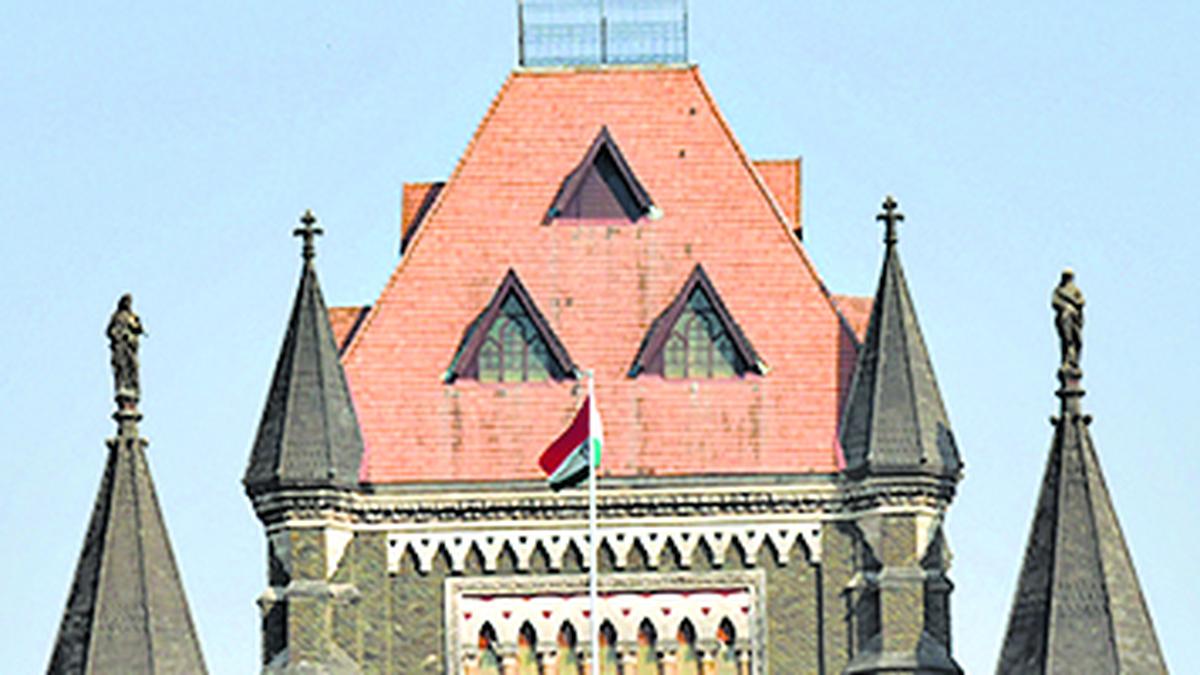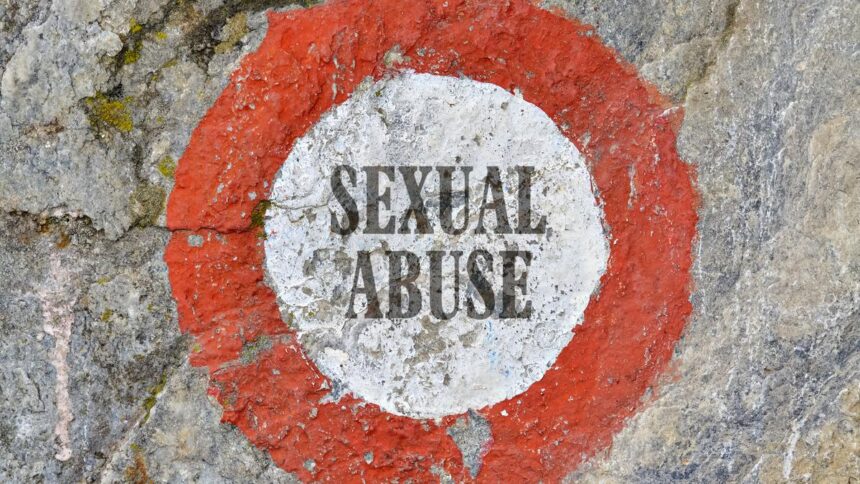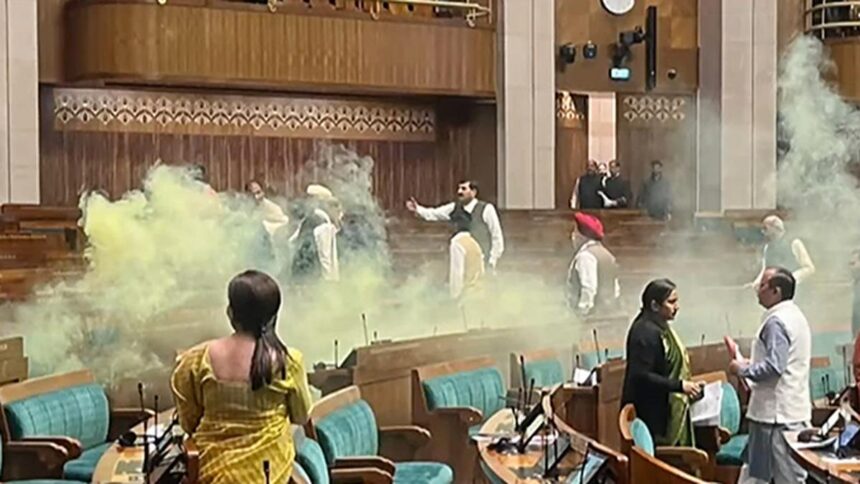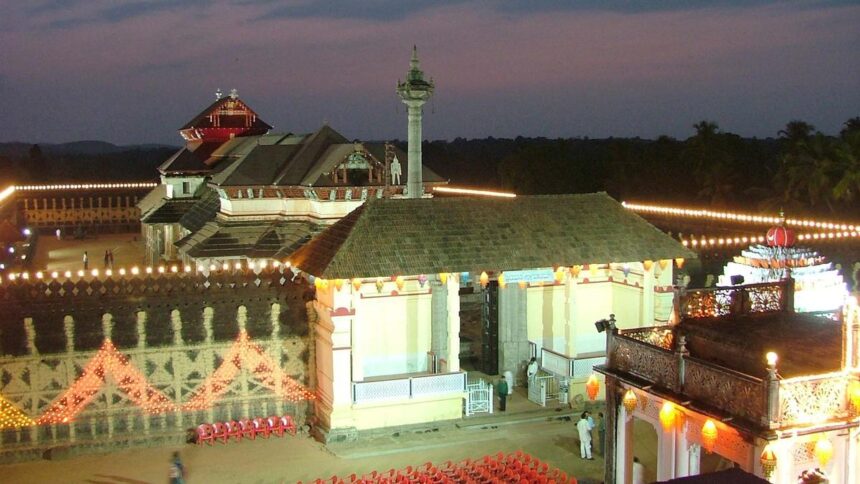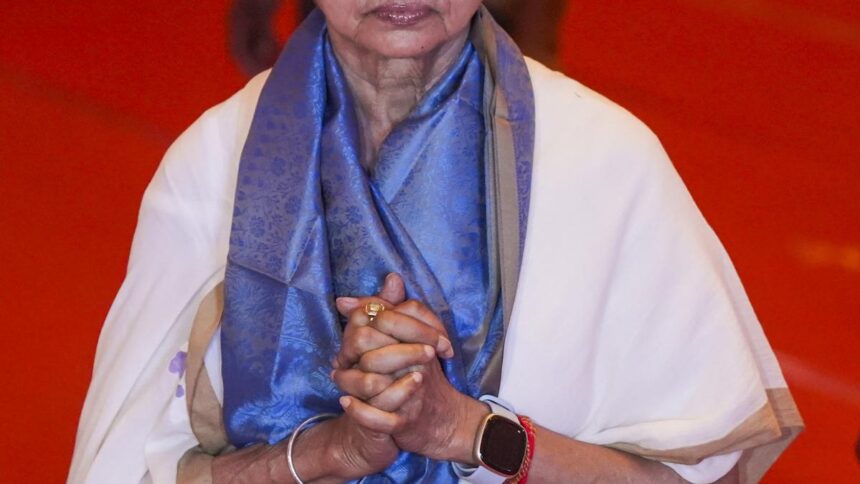In a significant ruling prioritising animal welfare over religious tradition, the Bombay High Court on Wednesday (July 16, 2025) dismissed a petition by a Jain math Swasthishri Jinsen Bhattarak, Pattacharya Mahaswami Sanstha in Kolhapur, challenging the transfer of a captive elephant, Mahadevi, to an elephant rehabilitation facility in Jamnagar, Gujarat.
A Division Bench of Justice Revati Mohite Dere and Justice Dr. Neela Gokhale upheld the orders passed by the High Power Committee (HPC) of the Union Ministry of Environment, Forest and Climate Change, directing the relocation of the elephant to the Radhe Krishna Temple Elephant Welfare Trust (RKTEWT).
“We have considered and chosen the survival of the elephant and its right to quality life, over and above the rights of men to use the elephant for religious rites,” the Court said in its ruling, invoking the parens patriae principle to safeguard the rights of the “voiceless and hapless Mahadevi.”
The Bench further observed, “We have no doubt that the Petitioner-Math may have had no deliberate intent to cause injury to the elephant however, in the given circumstances of conflict between the rights of an elephant and the rights of Petitioner-Math to use the elephant in the discharge of its religious activities, priority must be given to the elephant’s welfare. The Court has duty under the doctrine parens patriae to secure the rights of the voiceless and hapless Mahadevi.”
The Court also quoted conservationist Lawrence Anthony’s words from his book, The Elephant Whisperer, observing, “But perhaps the most important lesson I learned is that there are no walls between humans and the elephants except those that we put up ourselves, and that until we allow not only elephants, but all living creatures their place in the sun, we can never be whole ourselves.”
“The petition is thus, dismissed,” the court said.
Health violations and solitary confinement
The elephant, owned by the petitioner math since 1992, was reportedly kept in solitary confinement and used for religious processions despite medical issues. Multiple expert inspections, including reports by a sub-committee formed by the HPC, found that the elephant was suffering from severe foot rot, ulcerated wounds, overgrown toenails, and signs of psychological distress.
Though the petitioner submitted certificates claiming improvement in Mahadevi’s health, the Court noted that these were “cursory one-pagers” inconsistent with photographic and veterinary evidence.
“The efforts appear to be cosmetic, which include provision of a 10,000-liter water tank; walking the elephant for 5-10 kilometers in a day; health check-ups; taking the elephant to bathe once a week, and replacing the cement/concrete platform with mud. The efforts made by the Petitioner are too little and too late in the day, to redeem the neglect and to commiserate for the damage caused to the mental and physical health of the elephant,” the Court observed.
At the outset, there is no explanation offered by the petitioner as to what caused the injuries on the elephant’s back in the first place, the Bench asked. “The only fathomable culprit can be the howdah that may have been placed on the elephant’s back to carry loudspeakers and human beings during processions. This continued treatment of the elephant is callous and brutal. The elephant does not deserve to be used to ferry weighty humans and equipments,” the order said.
Religious rights not absolute
The math argued that keeping the elephant was part of its religious tradition, protected under Article 25 of the Constitution. It also cited permissions under the Wildlife (Protection) Act, 1972, to use elephants in religious ceremonies.
However, the Court sided with the HPC’s reasoning, referencing the Supreme Court’s judgment in Animal Welfare Board of India vs A. Nagaraja (2014), which held that customs and religious beliefs must yield to animal welfare obligations.
Concerns over commercial use
During the proceedings, animal rights organisation PETA India, which initiated the complaint, alleged that the math had rented the elephant to a religious body in Telangana for ₹4 lakh, without prior permissions, and had exposed the animal to distressing conditions during public processions.
RKTEWT, the recipient facility, stated in its affidavit that it houses 238 elephants and provides access to natural habitats, social integration, veterinary care, and a specialised team for animal rehabilitation.
The Court said it had also considered alternate locations within Maharashtra but found that the state lacked a suitable elephant sanctuary.
RKTEWT has daily access to natural areas for feeding, bathing, socialization and herd integration. “All these facilities, including the number of personnel, care givers, international veterinary consultants, biologists specializing in elephant behaviour, etc are available for inhabitants of the reserve. It appears to be a godsent facility for the long suffering elephant,” the Bench said.
The Bench also weighed in the doubts raised by the petitioner regarding the suggestion of PETA to transfer the elephant only in RKTEWT and not any other sanctuary and explored the possibility of rehabilitating Mahadevi within Maharashtra itself, “but we are told that Maharashtra as yet does not have any Elephant Sanctuary. Sanctuaries exclusively caring for elephants do exist in Kerela and other states, however RKTEWT, Jamnagar, is the closest to Maharashtra and the Elephant will not have suffer pronged agony during transportation to any other far flung area. Also as discussed above, we find the RKTEWT suitable to house Mahadevi and provide her with timely and much needed succor. Thus, we have no hesitation in confirming the order passed by the HPC.”
Dismissing the petition, the High Court directed that Mahadevi be transferred to RKTEWT within two weeks. The Chief Wildlife Wardens of Maharashtra and Gujarat have been asked to coordinate and issue the necessary transport permits and no-objection certificates. The Court also requested local police authorities to assist in the transfer.
Published – July 17, 2025 05:04 am IST





